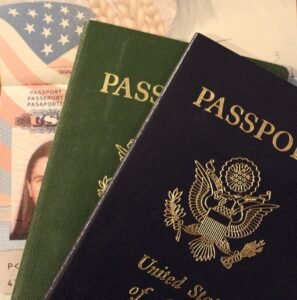Let’s make all the necessary cultural adjustments to settle faster in our host country. Bridging cultures can be fun and exciting!
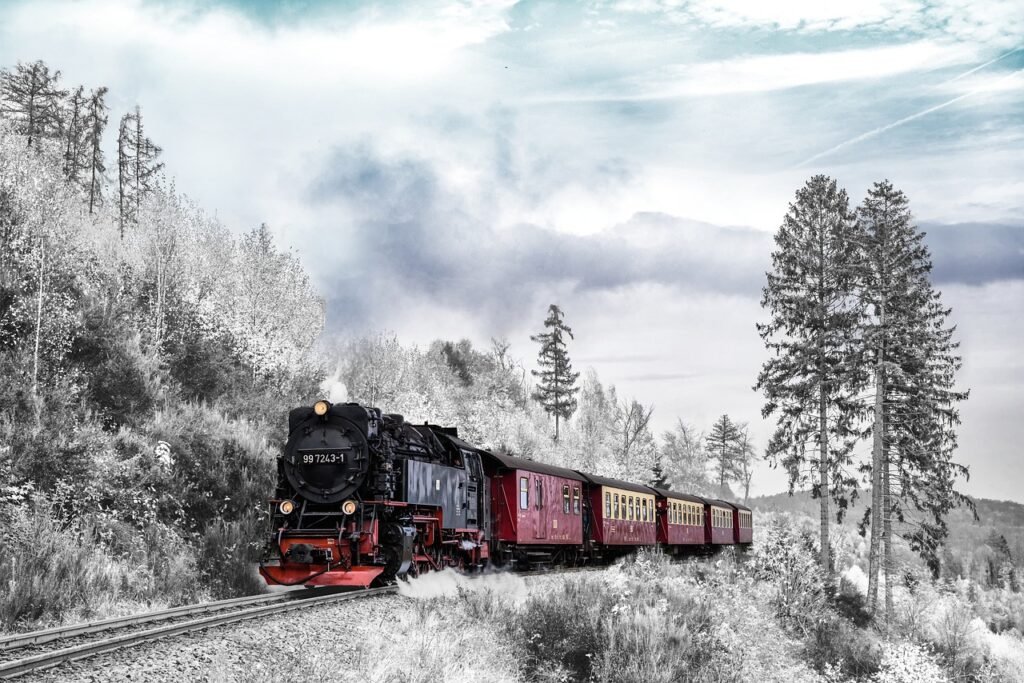
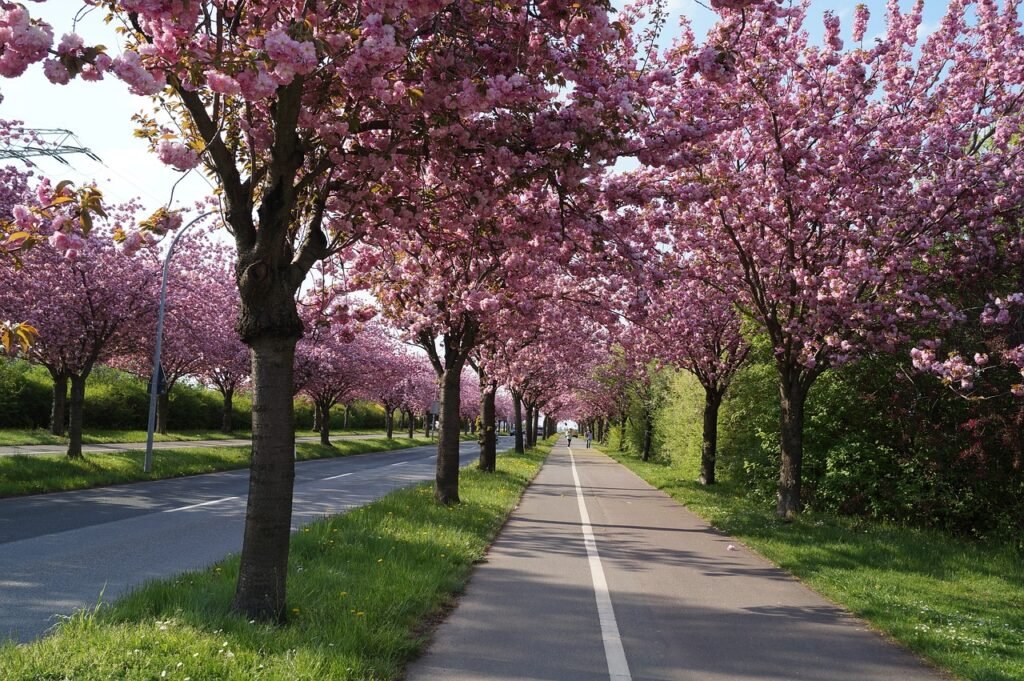
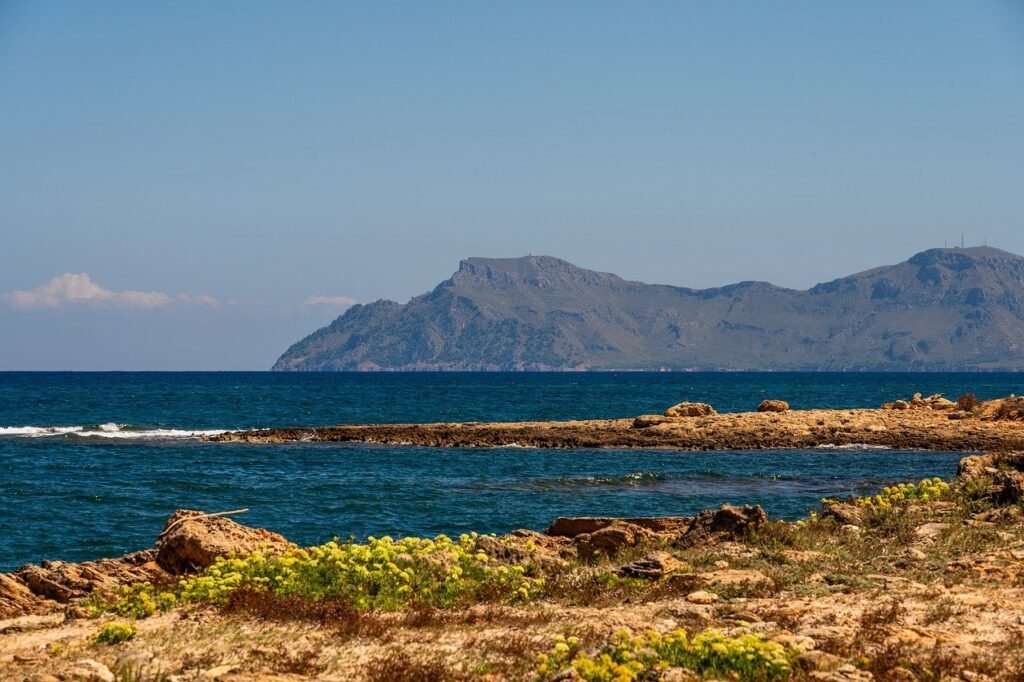

Cultural Adjustments
Language Barriers
Do you speak more than one language? How many languages do you know? Japanese, Mandarin, French, Arabic, Dutch? Every country has its own language bringing together different cultures.
Think about learning English – it’s a universal language. If you’re thinking about working abroad, it’s a great first step. To adapt to a new culture, good communication is key – both in everyday interactions with locals and at work. It might take time to adjust to the new culture, but trust me, it’s worth it and will boost your career.
Social Etiquette
“Kamusta? Magandang umaga gabi or umaga!”that’s how we greet people in the Philippines. Greetings can really set the tone for the day and show emotions as well as kick off building relationships.
Different cultures have their own unique ways of saying hello or showing respect through body language when talking to others. It all depends on where you are. It could be a bow, a handshake, a kiss on the cheek, or even rubbing noses.
Whatever the custom, it’s important to learn it to avoid misunderstandings. Adjusting to these cultural differences can help you connect with people in diverse environments.
Dietary Changes
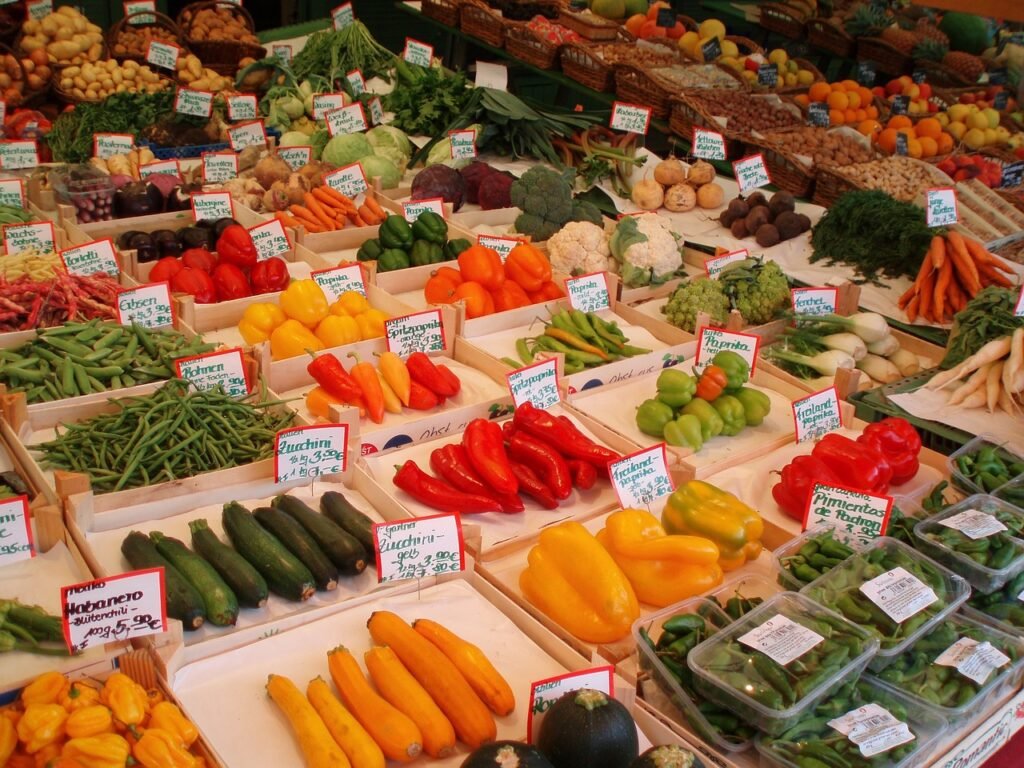
You might not realize that one of the things you’ll have to deal with when living in another country is changing your diet. You’ll need to adjust to using different ingredients for your meals. Sometimes it’s tough to find the stuff you’re used to, or it might be available but crazy expensive. You can either change the way you eat or stick to your usual stuff, but it could end up costing you a lot.
Your eating habits will also change without you even realizing it because of your job. Your meal times will be different depending on your work schedule, especially if you’re doing the night shift.
Religous Practices
Roman Catholicism is like the biggest religion worldwide, but what if you are in a foreign country and you’re not part of that religion? I’m one of those who aren’t members of the same religion.
Every country has different religions, so if you’re living in a different country, it might be tough to know where and when to go for worship. They say “If there’s a will, there’s a way,” so get ready to face any challenge to do your religious duties.
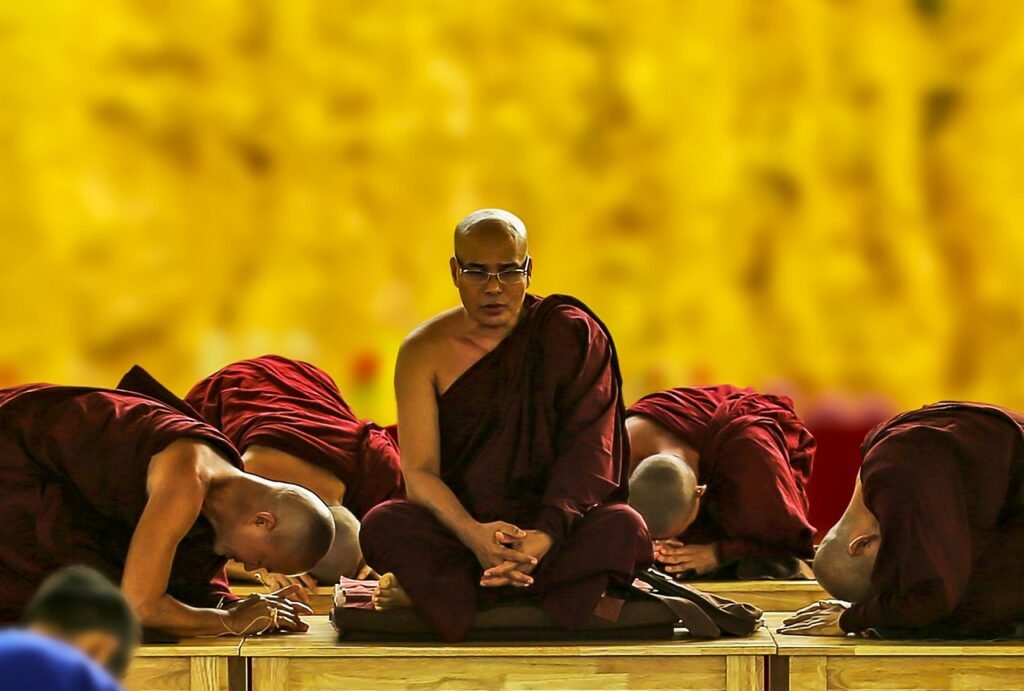
Social Integration
I think that adjusting to a new culture often comes down to dealing with language barriers and social norms. Making new friends and building a social circle in a foreign country can be pretty daunting, especially with their different culture and language.
Hanging out with locals regularly helps improve language skills, which is super important for chatting in both social and work situations. By getting a better grasp of the culture and forming a supportive community, people working abroad can figure out the challenges of their new environment and do well both personally and professionally.
Education System

If you’re working abroad and have kids who rely on you, you should think about their education while you’re in a different country. It’s important to help your kids get used to the new school and the way things work there.
Your kids might find it hard if the language at school is different from what they speak at home, so make sure you give them the support they need and help them feel more confident.
Healthcare Practices
Understanding your healthcare insurance while living abroad is super important. “Health is wealth,” right? So, you gotta figure out how to get medical help when you need it.
Lots of healthcare systems need you to sign up with a main doctor. After that, find local doctors, clinics, and hospitals that can help you out. Get the lowdown on how to schedule check-ups and stuff.
If you’re working abroad, it’s crucial to know what your health insurance covers, like services, treatments, meds, and how to make claims. And, don’t forget to know where to get emergency medical help, including the local emergency number and where to find the nearest facilities.

Cultural Festivals and Traditions

I’ve celebrated festivals like Diwali, Eid al-Fitr, Ramadan, and Bonfire Night while working abroad. I never knew about these events before, but now I feel like I’m part of them every time they’re celebrated. Getting into vibrant festivals creates great memories that can make cultural adjustments more fun and interesting. It’s a way of learning about their history, music, dance, and culinary arts, which gives you a rich social experience.
Some overseas workers are looking for unique festivals around the world that they can join while on vacation in a different country. They plan ahead of time to make sure they can take part in such occasions and experience the culture of another country.
Top Festivals Around the World
- Gion Matsuri – Kyoto, Japan – July
- Sydney Gay and Lesbian Mardi Gras – Sydney, Australia – March
- Songkran – Thailand – April
- Saint Patrick’s Festival – Dublin, Ireland – March
- Montreux Jazz Festival – Montreux, Switzerland – June–July
- Mevlana Festival – Konya, Turkey – December
- Semana Santa – Seville, Spain – March/April
- Nozawa Onsen Fire Festival – Nozawa Onsen, Japan – 15 January
- Cannes Film Festival – Cannes, France – May
- Edinburgh Festival Fringe – Edinburgh, Scotland – August
- Carnival — Rio de Janeiro, Brazil — February
- Burning Man — Black Rock City, USA — August—September
- Holi Festival — India — February—March
- Oktoberfest – Munich, Germany — October
- Mardi Gras — New Orleans, USA — January
- Il Palio – Siena, Italy — July—August
- Dia De Los Muertos — Mexico — October–November
- Snow & Ice Festival — Harbin, China — January—February
- La Tomatina — Buñol, Spain — August
- Lazarim Carnival — Portugal — February–March
Climate and Geography
When I first got my visa to the UK, I was super stoked at the idea of finally experiencing snow. It’s such a typical thing for someone like me, coming from a tropical country to work overseas. I gotta admit, I really enjoyed my first time seeing snow. I was totally amazed and couldn’t stop staring at it. But then it hit me how cold and kinda dangerous it can be. I’d rate it 8/10 now instead of the 10/10 I initially gave it.
Dealing with the four seasons (spring, summer, autumn, winter) has been a bit tricky as it affects what I wear, what I do, and even how I feel. Before coming here, I had to buy thermal wear, winter coats, and boots, which was totally new for me because I’m used to wearing casual clothes. When I arrived in December, I was surprised by the dark and gloomy sky at 4pm. Despite the initial excitement, it sometimes brought me down.
I landed at Manchester Airport and my sister came to pick me up. We traveled to London and visited her family, which was a quick catch up before I started work. I didn’t realize how far my workplace was from the capital. It took five hours to get to the county where I was assigned, but I didn’t have a choice. I had to accept that I would be living in a rural area, but I don’t regret it because Cumbria is one of the most beautiful counties in the UK.
Adjusting to a new climate and different geographical environments is a big part of the cultural adjustment for overseas workers. These adjustments can totally affect our daily lives, health, and overall well-being.
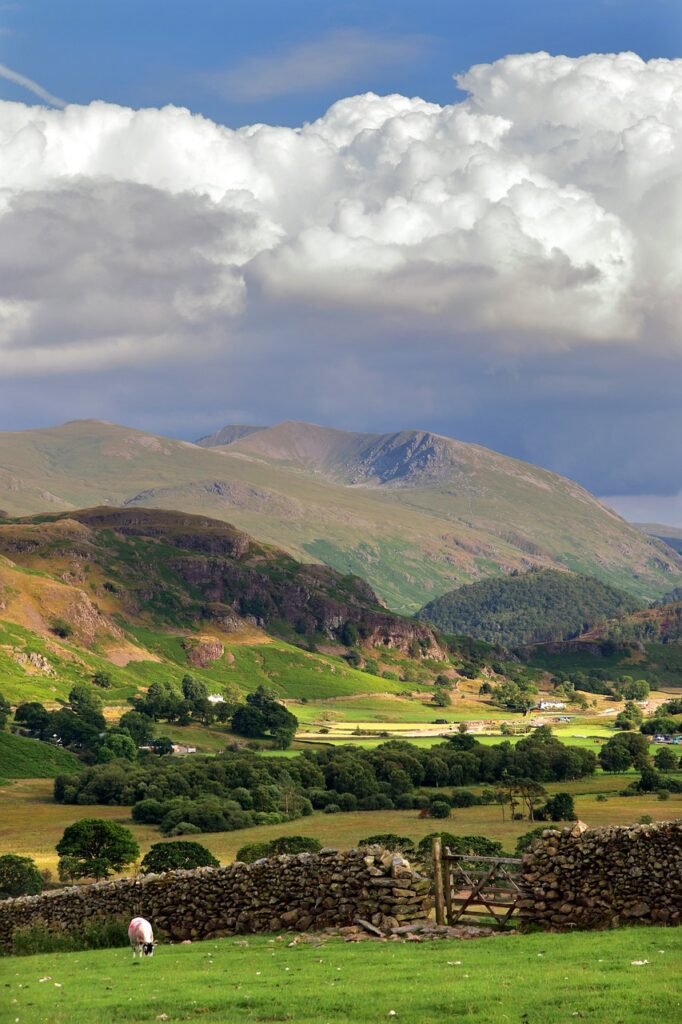
You’re pretty so far away from home, and getting used to a new culture can be tough if you don’t make an effort. Embracing these changes not only helps you fit in better in the new country, but also makes life better, both personally and professionally, for people working abroad.





